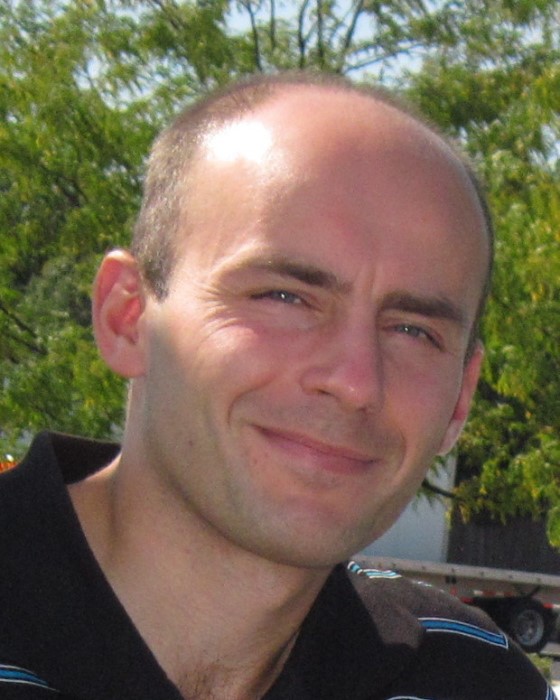
Dr. Jakub Lengiewicz from the Department of Mechanics of Materials (Group of Materials Modeling) has been awarded a two year Marie Skłodowska-Curie Individual Fellowship (MSCA IF). The fellowship will support his research stay at the University of Luxembourg with the group of Prof. Stephane P.A. Bordas.
Dr. Lengiewicz will work on an interdisciplinary project entitled “Mechanics of Programmable Matter” (acronym: MOrPhEM), concerning a futuristic, not yet existing technology of shape shifting systems.
The considered shape-shifting systems, also known as programmable matter (PM), can be classified as special meta-materials, composed of microscopic, active modules, which are able to process and exchange information, reconnect and move with respect to their neighbours. When appropriately designed and programmed, the objects made of interconnected modules will possibly be able to change their shapes or other physical properties. The aim of the project is to develop effective distributed schemes for reconfiguration planning, which would take into account constraints of both geometrical and mechanical nature. The project is an extension of the topic pursued by Dr. Lengiewicz for several years now, most notably within the recently finished National Science Centre SONATA grant, of which he was the leader.

 |
Dr Jakub Lengiewiczgraduated in informatics from the University of Warsaw, Poland. | |
The first one was a continuation of his Ph.D. and concerned computational methods and modelling of large-deformation and large-sliding contact mechanics. The second one was research on programmable matter. Dr. Lengiewicz is the author of about 20 research papers and monographs in the areas of mechanics and robotics/computer science.
__________________________________________________________________________________________________________
Individual Fellowships fund researchers looking to enhance their career development and prospects by working abroad on research projects, with the option to work outside academia. Individual fellowships provide opportunity not only to develop research skills but to enhance additional competences, including for example soft skills.
There are two types of Individual Fellowships:
1) European Fellowships: 12-24 months grants implemented in any EU country or Associated State (mobility rules apply);
2) Global Fellowships: 12-24 months grants implemented in so called Third Country - outside EU and Associated States (mobility rules apply), followed by 12 month return phase to EU.
More information on Individual Fellowships:
European FellowshipsMore information on Global Fellowships:
Global Fellowships








